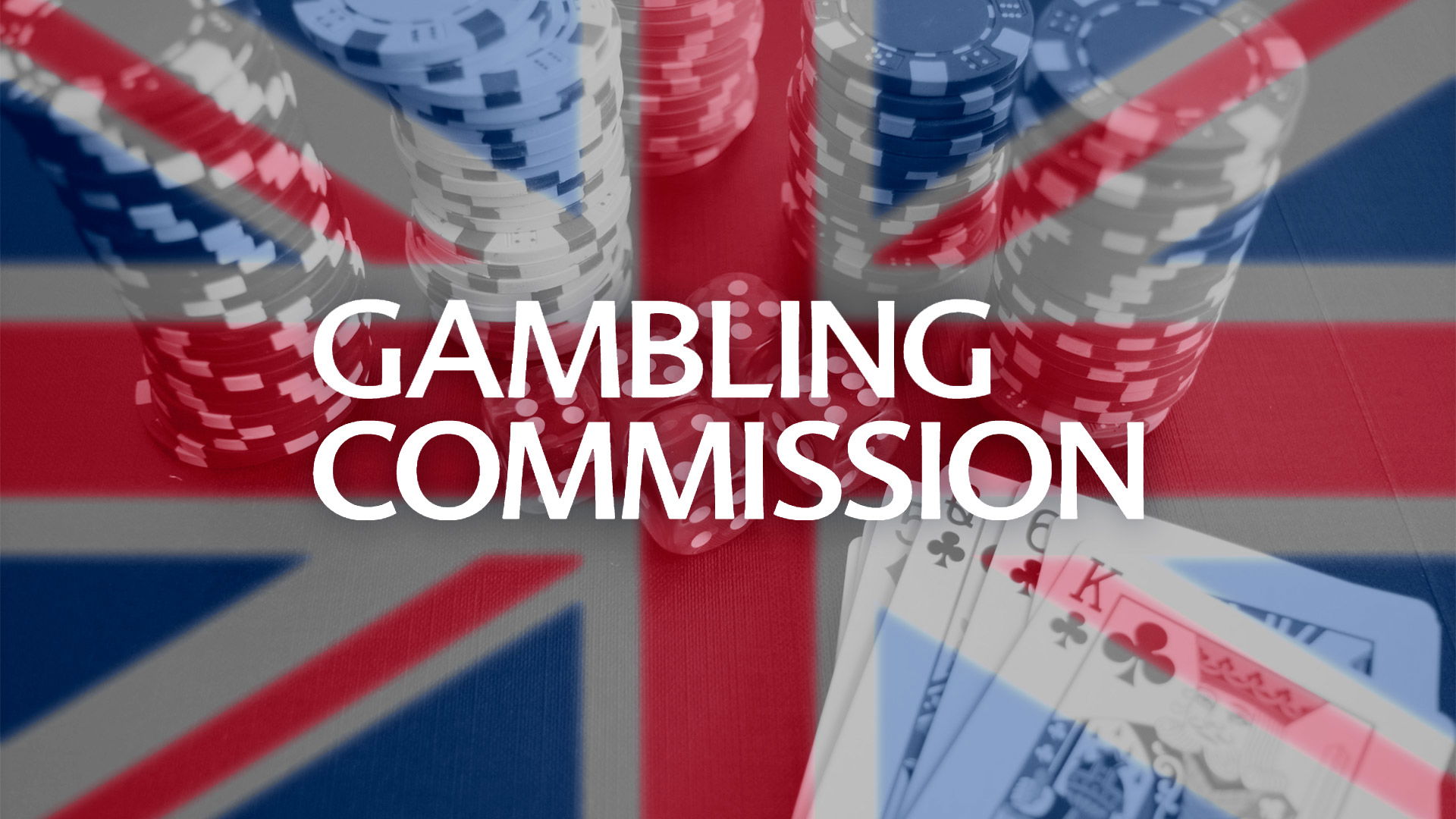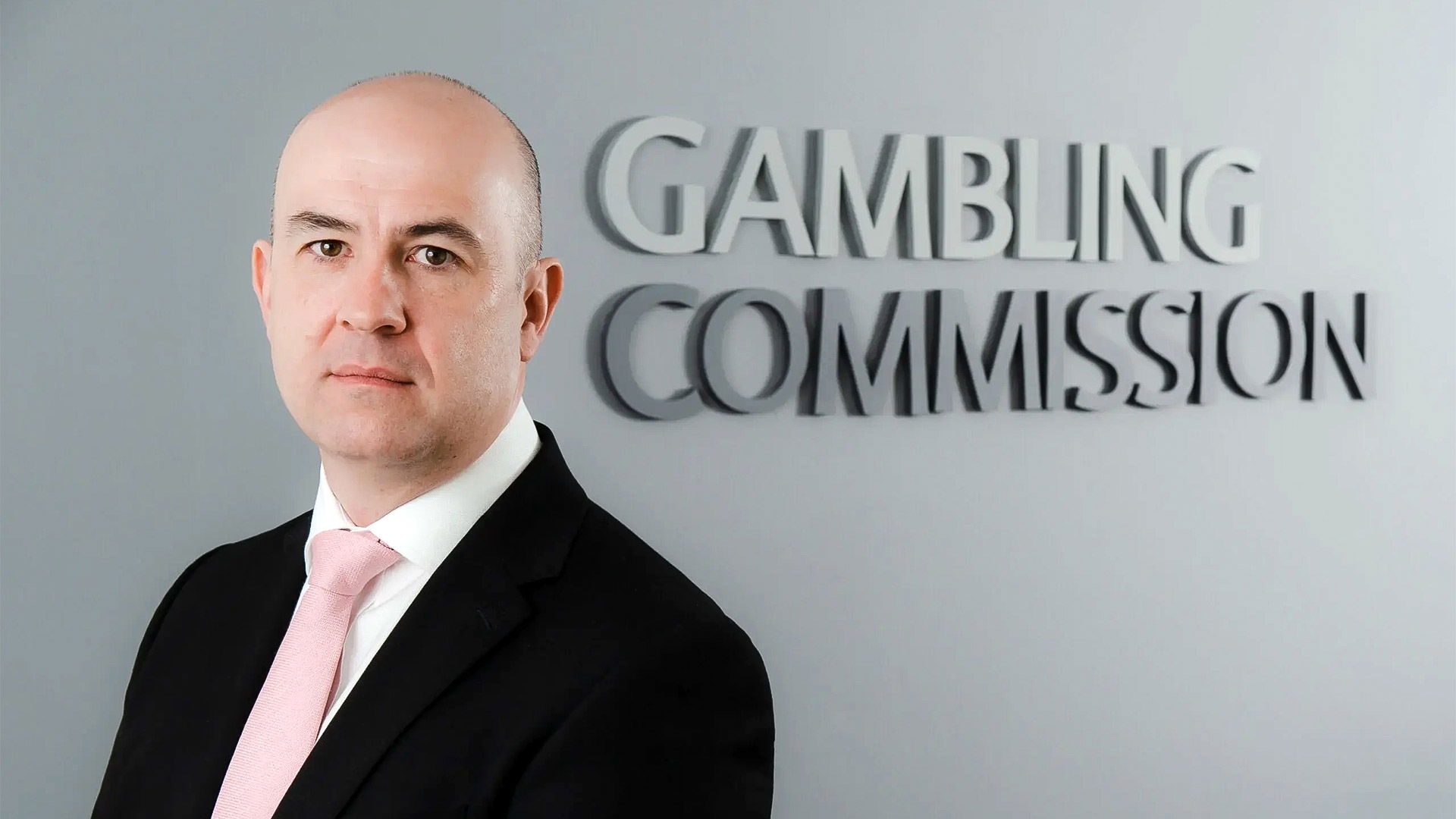Philippines H1 gaming revenue surges 26% to $3.73 billion as online gambling leads

The Philippine gaming industry posted strong gains in the first half of 2025, with gross gaming revenues (GGR) rising 26% year-on-year to PHP214.75 billion ($3.73 billion), driven by robust growth in online and electronic gaming platforms, data from the Philippine Amusement and Gaming Corporation (PAGCOR) showed.
Electronic gaming formats, including E-Games and E-Bingo, contributed more than half of the total GGR, accounting for PHP114.83 billion ($1.99 billion), or 53.47% of the total. Licensed casinos across Metro Manila, Clark, Cebu, and other regions generated PHP93.36 billion ($1.61 billion), while PAGCOR-operated casinos brought in PHP6.56 billion ($111 million), or just over 3%.
Online gambling continued to be a dominant revenue source, delivering PHP51 billion ($880 million) in government revenue from taxes and operator fees in the first quarter alone, around 50% of the total take from the sector during that period. More than 80 licensed electronic gaming operators currently operate in the Philippines.
PAGCOR's net income climbed 64.3% year-on-year to PHP10.8 billion ($188 million) in the first half of 2025, buoyed by a 14% rise in total revenues to PHP51.8 billion ($899 million). The regulator contributed PHP38.1 billion ($662 million) to public funds, including PHP25.36 billion ($440 million) remitted to the National Treasury, PHP30 million ($521,000) to the Dangerous Drugs Board, and PHP12.7 billion ($221 million) to PhilHealth.
“If the current pace continues, our UHC contribution could reach PHP25 billion ($434 million) by year-end, enough to provide PHP10,000 worth of healthcare assistance to over 2.5 million Filipinos,” said PAGCOR Chairman and CEO Alejandro H. Tengco. “This is the kind of impact we strive for: turning revenues from regulated gaming into direct public benefit.”
The agency also paid PHP2.7 billion ($46.9 million) in franchise taxes, PHP7.9 billion ($137 million) to socio-civic initiatives, and PHP1.3 billion ($22.6 million) to the Philippine Sports Commission.
Despite the financial windfall, PAGCOR is tightening oversight of the sector. It recently signed a memorandum of understanding with the Ad Standards Council to monitor gambling-related advertising, and has ordered all gambling ads in public spaces and during primetime TV to be removed by August 15.
“PAGCOR recognises the earning potential of the E-Games sector, but as the country’s gaming regulator, our foremost responsibility is to ensure that growth comes with accountability,” Tengco said.
The boom in online gambling has sparked growing scrutiny, with lawmakers proposing stricter controls such as limits on e-wallets to curb high-frequency betting, and some advocating for an outright ban.
“Online gambling must be stopped immediately,” said Gian Samson, a representative of PAGCOR’s employee association. “It’s not contributing anything to our society, and it’s putting lives and savings at risk.”
Cardinal Pablo Virgilio David also condemned the rise in digital betting, calling it a “moral and social crisis” comparable to substance addiction. It especially harms the poor, students, and other vulnerable groups, he warned.
Gaming operator DigiPlus Interactive, which runs brands like BingoPlus and ArenaPlus, said it supports reforms but urged the government to shield compliant businesses and their workers from any blanket prohibitions.

















